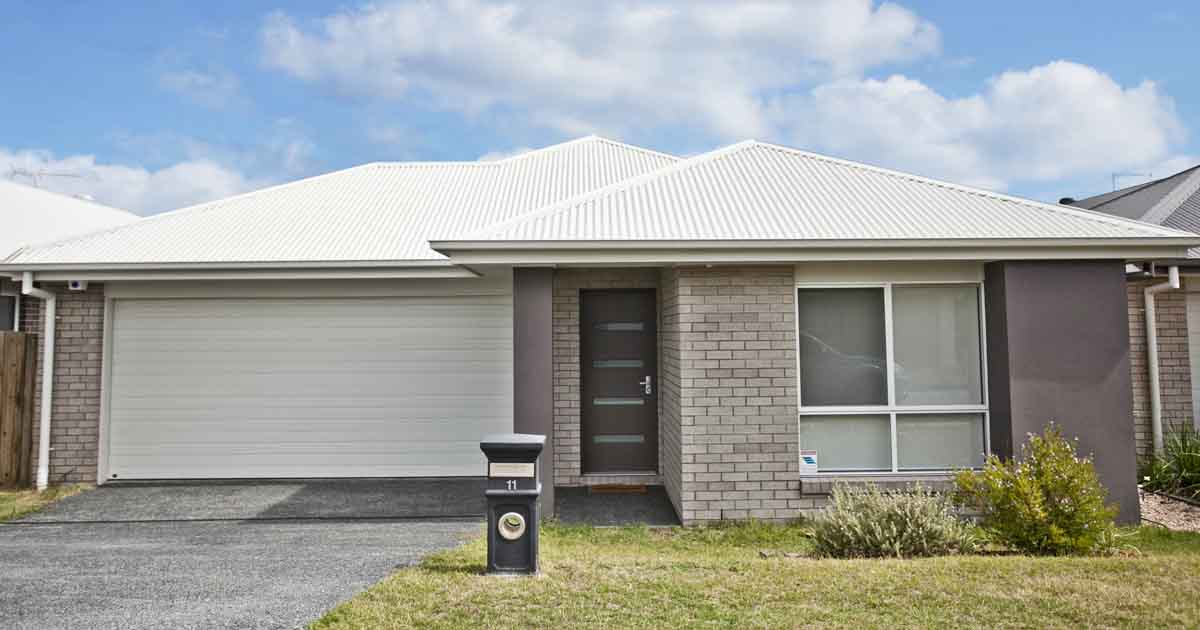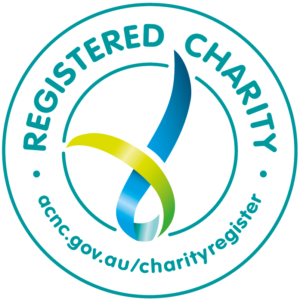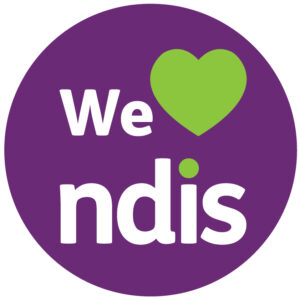If you are looking for accommodation options, there are a number of different housing solutions and supports available to consider for your unique needs. Supported Independent Living and Specialist Disability Accommodation are two options that are funded by the NDIS. If your NDIS plan includes one or both of these options, it’s important that you have a good understanding of what you can expect from your accommodation support.
What is Supported Independent Living (SIL)?
Supported Independent Living (or SIL) refers to help with or supervision of daily tasks that aim to develop an individual’s skills and encourage them to live as independently as possible. If you have a disability and are unable to live independently or with your family, SIL provides an opportunity to receive the support you need in a shared home.
Challenge Community Services’ SIL services provide shared homes with 3 to 5 bedrooms and will look to place clients with people who are of a similar age and share similar interests. It’s an opportunity to access the support you need, enjoy independence and make new friends.
People who live in SIL receive daily support with tasks including cleaning, cooking, social and medical needs, banking, grocery shopping, attending appointments, and help with personal care (such as showering and dressing).
What is Specialist Disability Accommodation (SDA)?
Specialist Disability Accommodation (or SDA) refers to accommodation for people who require specialist housing solutions that cater for high support needs or extreme functional impairment. SDA refers to the home, apartment or unit an individual would live in. SDA is not funds towards support services, but to the home in which the supports are delivered, the bricks and mortar.
Occupants will either live independently in their home or with others, depending on their unique needs. They will also be able to choose the housing solutions appropriate for their individual circumstances.
Funding through the NDIS is only available to a small proportion of participants with very high support needs who meet specific eligibility criteria. SDA funding is intended to cover any disability-related housing expenses that are above the ordinary costs of housing and does not refer to person-to-person support services.
So what’s the difference between SIL and SDA?
SDA may be specifically designed housing for people with high needs or modified existing housing, located in an area that makes it feasible to access complex or costly supports that help the house member to live independently.
On the other hand, SIL refers to the onsite supports and daily living services that help develop the skills of house members to live as autonomously as possible.
If you require both specially designed or modified accommodation and daily living support, SDA and SIL will be funded separately in your plan. This gives you more choice because you can reside in accommodation suited to your needs and access the SIL supports of your choice.
Having the funding separated means that you can change your support services without moving from your SDA funded accommodation. If you do choose to move, you will need to reapply for your SDA funding.
Challenge Disability Services has shared homes available throughout NSW, and are quickly expanding with more. For more information on our accommodation and Supported Independent Living options, click here.
Or to view our current SIL vacancies, click here.
If you would like more information on Challenge Community Services accommodation services,
please give us a call on 1800 849 017 or email disabilityservices@challengecommunity.org.au
















